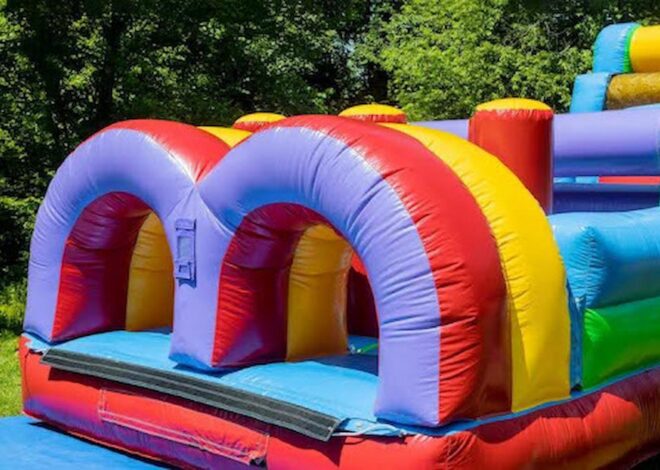The industry and the public benefit from security training
Many large scale public events require a security presence. From major sporting events through to a provincial nightclub’s, it’s reassuring to have trained professionals around just in case a situation arises that threatens public safety. If a situation develops and the public is in danger then they are on hand to manage it in a professional way. In an environment where anything can happen, security staff need to have the right training to do their job properly. No one wants to resort to using force and those undertaking professional SIA licence training will find the focus is heavily placed on understanding appropriate use of force. It’s about giving security personnel the skills to do their job in the most professional and peaceful manner possible, and at the same time ensuring they remain within the law when a situation arises where they have no other alternative to use reasonable force.
Security training like this teaches them a variety of techniques to help defuse situations that are threatening to get out of control. Sometimes the only thing for it is to step in and use physical intervention skills to protect yourself or others who may be at risk. That’s understandable. However, where possible, training provides problem solving solutions and highlights skills available that can be employed to prevent a situation arising in the first place. By remaining alert and employing active observation skills, good communication and conflict resolution taught we can reduce the need for physical intervention and using force.
SIA training helps to give the industry professional standards and a code of conduct. This type of security training has helped to clean up the industry and provides a level of professionalism expected by the public reassuring them that when they are out at a night club, concert or sporting event they can enjoy themselves safely.
Anyone wanting to work in this type of role will find that the training is mandatory to be issued with an SIA licence in one of the licensable sectors including Security Guarding, Door Supervision, Close Protection, Cash and Valuables in Transit, CCTV Operations and Vehicle Immobilisation. In order to achieve the necessary qualifications they need to find an approved training provider and attend a recognised training course. Upon completion of the training programme they’ll pick up a recognised qualification along with highly portable skills that they can use in a variety of security roles.


